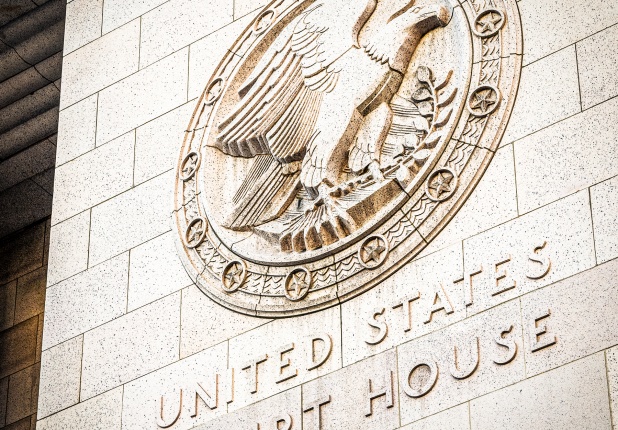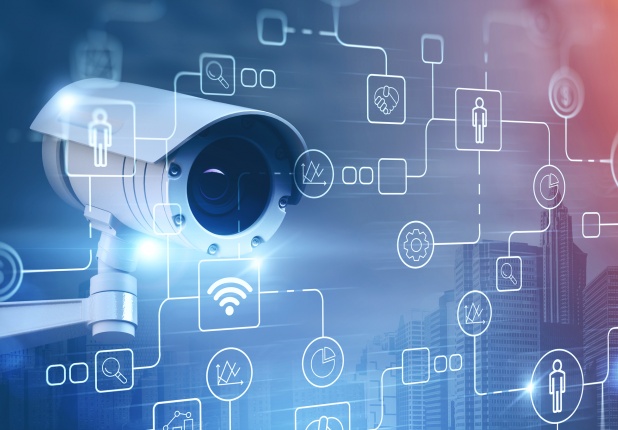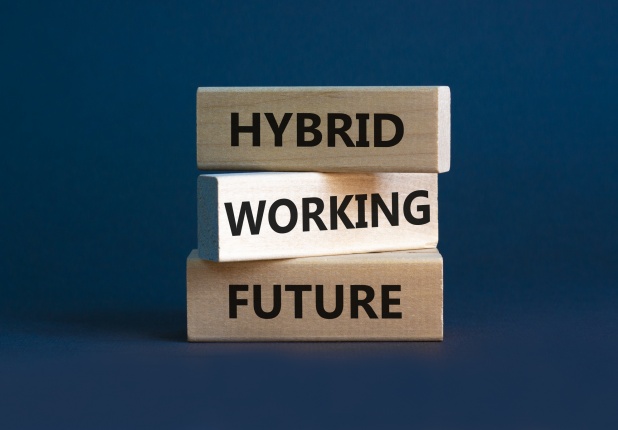Document Review Management Best Practices: Daily Reports
An MBA professor of mine used to be fond of saying “data drives decisions.” His point was that the more information you could get, the more informed the decision you could make. In the context of document review, daily reports can be a timely and efficient method of communicating that critical information. The first few days, and even weeks, of any document review project are full of questions and uncertainty. Does the mere mention of a term make the documents responsive? How substantive does the document have to be to be considered “hot”? Am I tagging too many documents as “not responsive”? One way to gauge whether a document review is on the right track is by having the people reviewing the documents submit daily reports describing what they are seeing and how they are coding those documents.






